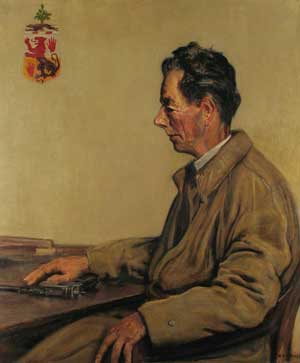
Sir,—In Brian Hanley’s interesting article ‘Dirty war and its practitioners’ (HI 31.5, Sept./Oct. 2023, Platform) he expresses surprise that under the shared interest of post-Civil War Old IRA gatherings some anti-Treatyites could mix with their erstwhile National Army opponents, ‘whom they knew to have tortured and killed their comrades’. In this regard Brian referenced the ‘77’ executed and the ‘Free State Murder Gang’, adjudged to have morphed out of Michael Collins’s ‘squad’, with the ‘war criminal’ Paddy O’Daly receiving particular mention.
In addition to there being a possible desire not to keep alive the tragedy of the Civil War, can I suggest another reason, namely that both sides carried out tortures and executions during the Civil War, as the former comrades would have been well aware? The executions carried out by the anti-Treaty forces were mostly of the roadside variety, since they didn’t have a network of prisons to hold captured opponents. These killings tend not to be as well remembered as those carried out by the Free State, since the victims were not already recorded as imprisoned and the anti-Treaty command did not notify their next of kin in writing of their deaths or place notices in the national press.
John Dorney has a detailed report on ‘Civil War Casualties in County Tipperary’ on the website theirishstory.com. While stating that the Tipperary experience might not be totally representative, he mentions thirteen anti-Treaty soldiers executed, of whom four were ‘judicially executed’ and nine killed after being taken prisoner. He also mentions that ten National Army soldiers were assassinated, i.e. ‘killed after capture or when alone and unarmed’.
It is not altogether surprising that participants from opposing sides in the Civil War divide would choose to avoid the bitterness rather than the stark alternative of remembering the excesses and brutality perpetrated by both sides in this tragic conflict.—Yours etc.,
KEN BOYLE
Dublin
